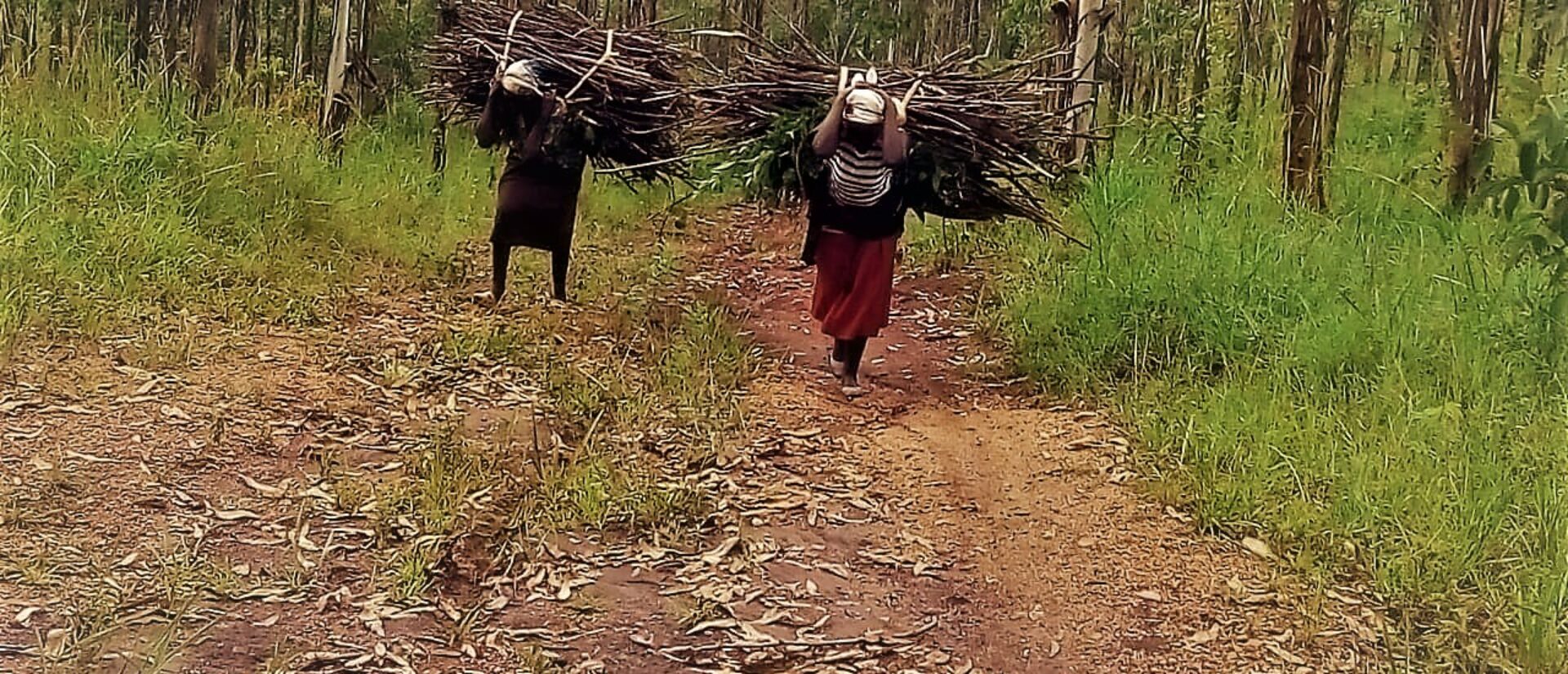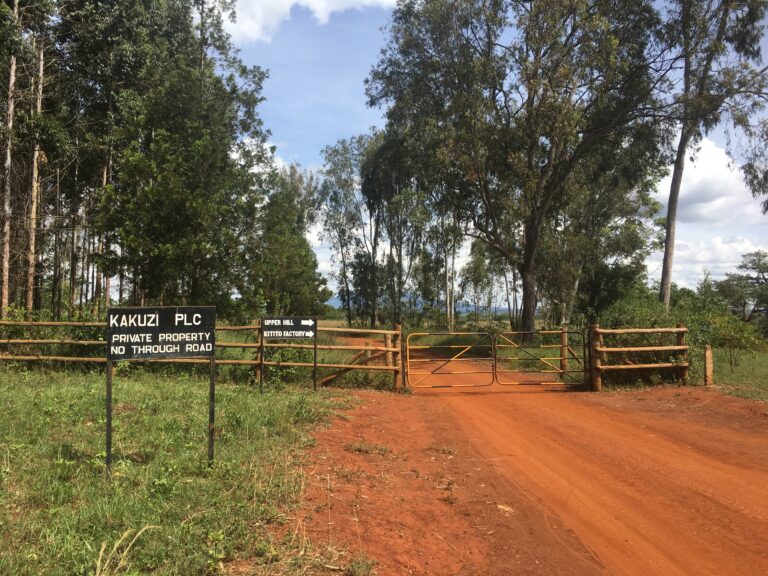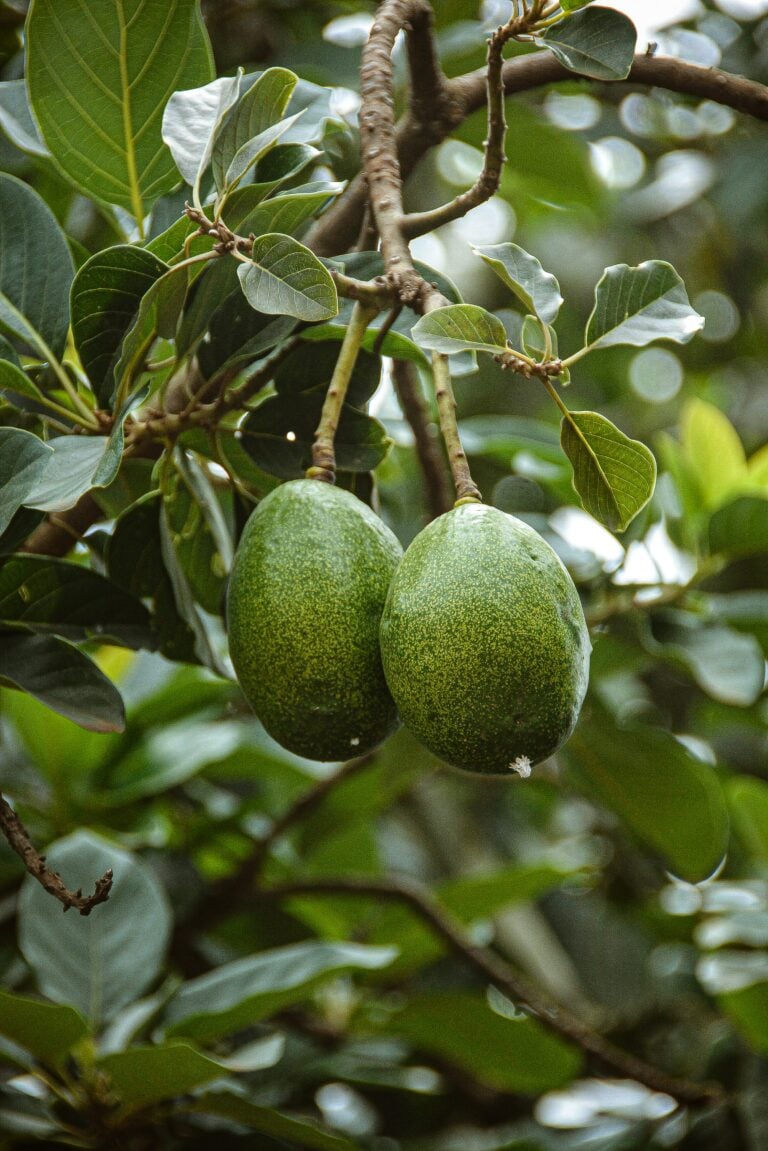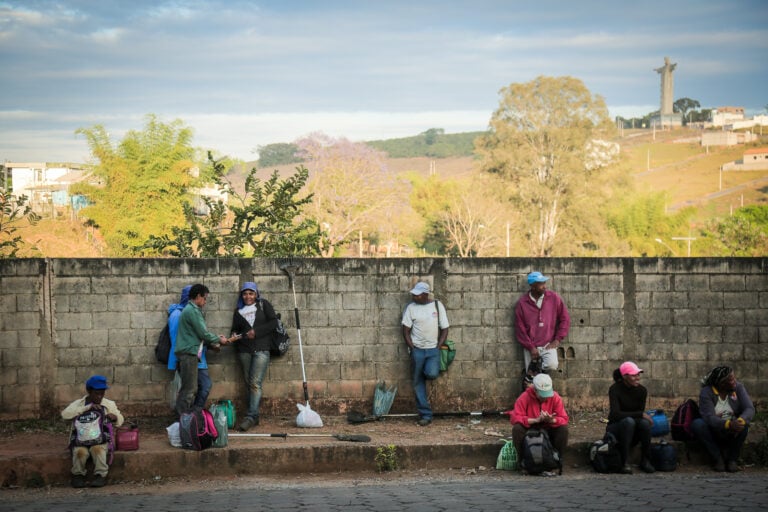
SOMO welcomes settlement between British agribusiness giant and Kenyan claimants
The case against agricultural multinational Camellia for alleged human rights abuse at its Kenyan subsidiary, Kakuzi, has ended in a settlement between the British company and 85 claimants. The settlement for a sum of GBP 4.6 million includes payments to the claimants and a contribution to their legal fees, an independent human rights impact assessment, and investments in community projects. SOMO welcomes the settlement, but will closely monitor whether and how the multinational delivers on its commitments. Finally, it regrets that Camellia has failed to publicly recognise the harm inflicted on the claimants and make a public apology.
The settlement follows after Kenyans living on and near the Kakuzi’s plantation, including (former) employees, filed a legal claim against Camellia(opens in new window) in June 2020 for alleged human rights abuses at its Kenyan subsidiary. The 85 claimants allege that company security guards engaged in killings, rape, attacks and arbitrary arrests and detention. The case was brought to the London High Court by UK law firm Leigh Day(opens in new window) , with the support of the Kenya Human Rights Commission(opens in new window) (KHRC), Ndula Resource Center (NRC), and SOMO.
Human rights policy
Besides payments to individual claimants, the settlement involves concrete measures to improve relations between the company, its employees and nearby communities. Daniel Leader, partner at Leigh Day: “The settlement the parties have reached provides individual compensation for the claimants, who have claimed damages as victims of human rights abuses, but also guarantees a substantial package of additional measures which will help the numerous communities which surround the Kakuzi farm.”
In particular, the company promises to implement a policy on human rights defenders and an operational-level grievance mechanism to resolve any future complaints of personal injury or human rights abuses involving Kakuzi. The mechanism will be designed in accordance with the UN Guiding Principles on Business and Human Rights, and shall be supervised independently. The company also committed to building two social centres for community meetings, employing predominantly female security personnel on Kakuzi’s premises, and constructing three new roads to improve people’s access to local amenities.
No apology
Lydia de Leeuw (researcher at SOMO): “This settlement is great news for the people who have endured violence perpetrated by Kakuzi’s guards. Despite the intimidation they faced after filing the lawsuit, the survivors persisted in their pursuit of justice, and now they will finally receive the compensation they are owed. But we have to be cautious before lauding a big multinational that in the end has still failed to publicly apologize for the attacks on the communities.”
Mary Kambo (KHRC): “An apology is a great way to show that the company is remorseful for the harm suffered by the community and a commitment that the harm will not be repeated. It is extremely unfortunate that Camellia has failed to offer an apology.”
Issues that were not resolved in the settlement warrant continued attention to the human rights situation at Kakuzi. De Leeuw: “We also see that the company refuses to address the longstanding and historic land injustices surrounding its plantations. Rather than engaging with the communities to find a way forward, they continue to thwart national processes towards land justice.”
Kambo: “Until now Kakuzi refuses to surrender the public utilities located on their land, including basic services and public access roads, despite a ruling by the Kenyan National Land Commission in February 2019.”
Considering Kakuzi’s behaviour in the past, SOMO, KHRC and NRC will closely monitor whether and how the company follows up on its commitments. De Leeuw: “The setting up of a grievance mechanism and human rights defenders policy are important steps in making improvements. But the proof is in the pudding, as they say. The effectiveness of the mechanism and the policy is what matters.”
Background
Camellia Plc is a large agricultural company that owns plantations around the world, employs over 78,000 people and in 2019 generated revenues in excess of GBP 290 million. Its Kenyan subsidiary, Kakuzi Plc, operates a vast plantation in central Kenya, supplying avocados, macadamia nuts, pineapples and timber to among others British supermarkets.
The Kakuzi plantation occupies land acquired during the colonisation of Kenya by Britain in the early 20th century. It also includes land seized from local communities during the Kenya Emergency (1952-1960) and land sold by European farmers who left Kenya after independence in 1963. Many communities live on or next to land registered to Kakuzi. Their water sources, paths, roads, and schools are on land registered to Kakuzi. Although their access to basic services depend on access to roads through Kakuzi land, the claimants have suffered the abuse by security guards employed to protect Kakuzi land.
The incidents of violence include the following:
- Ten women were raped by security guards employed by Kakuzi, including a teenage girl who was raped after being caught collecting firewood on the company’s land. Some of the victims became pregnant and contracted HIV.
- A young man was beaten to death by Kakuzi’s security guards in May 2018 for allegedly stealing avocados.
- Thirty-four men and women involved in a protest on 2 September 2014 were violently attacked by Kakuzi’s security guards, including with a wooden club.
- On numerous other occasions, men and women were beaten, injured or unlawfully detained by Kakuzi’s security guards. One man sustained serious long-term injuries after being kicked in the head by a guard wearing heavy boots.
SOMO has been supporting the local communities since 2016, together with the Kenya Human Rights Commission (KHRC) and Ndula Resource Center (NRC).
Do you need more information?
-

Lydia de Leeuw
Researcher
Partners
Related content
-

-
 Large Kenyan agribusiness under fire for assault and rapePosted in category:News
Large Kenyan agribusiness under fire for assault and rapePosted in category:News Lydia de LeeuwPublished on:
Lydia de LeeuwPublished on: -
 Modern slavery is still lurking in your coffee cupPosted in category:News
Modern slavery is still lurking in your coffee cupPosted in category:News Joseph Wilde-RamsingPublished on:
Joseph Wilde-RamsingPublished on:

